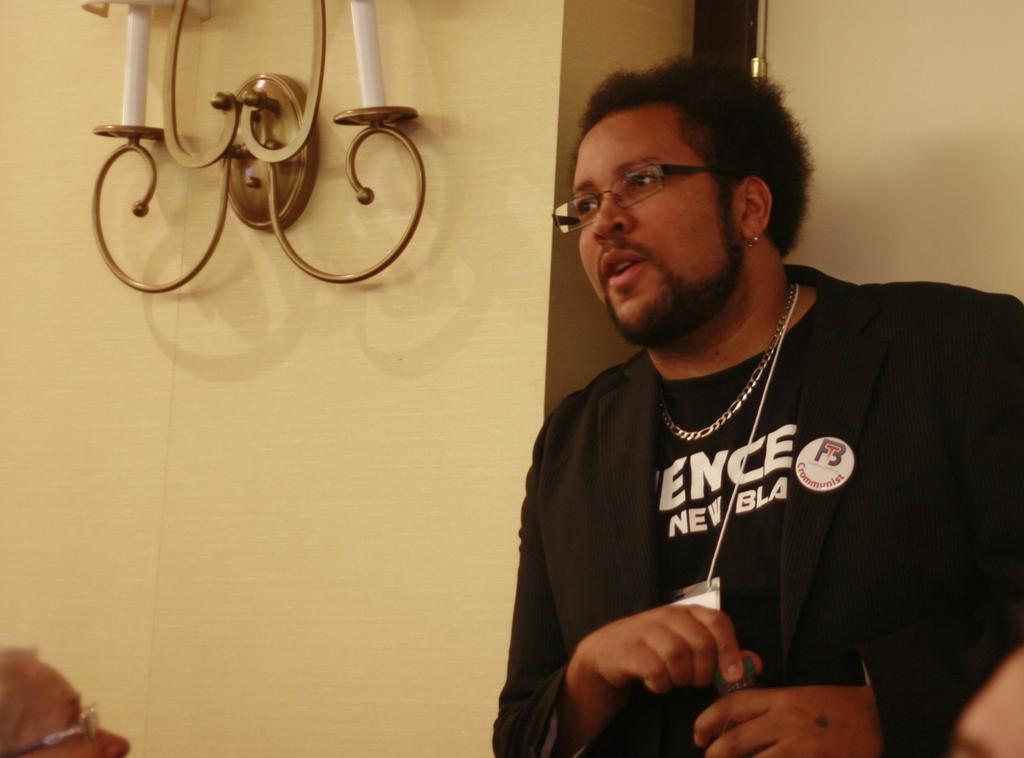I got sick this week, and was thus robbed of the motivation to write something. I’ve got a bunch of ideas clogging up the ol’ brain-bin, which SUCKS because I also have a lot of stuff to get done this month. Here’s where you can catch me over the next week:
Thursday, January 10th
Playing a solo gig at the Sunset Grill (Yew @ York st. in Kitsilano)
Friday, January 11th
My first gig of 2013 with Even Handed Odds at the Coppertank (Broadway @ Balaclava in Kitsilano). We’re celebrating our anniversary as their house band, and our first time playing together since mid-December.
Saturday, January 12th
I’ll be in Kamloops, BC, giving a talk about the HPV Vaccine and confronting some of the info and misinfo that’s out there. It’s pitched for a general audience, and will reference the scientific literature without diving into it too heavily.
There is a FB event page here, and an event webpage here.
Sunday, January 13th
I’ll be in Kelowna, BC, giving an extended version of my talk looking at racism in the zombie apocalypse. I felt really rushed trying to cram all that information into 30 minutes, so this longer format (I have two hours, I am planning on talking for the heavy side of 45 minutes, with a Q&A afterward) will be a lot more comfortable for me.
There is a FB event page here, but it doesn’t say that the event will be at the Kelowna Pride Centre on Water st..
And now for the movie! [Read more…]


